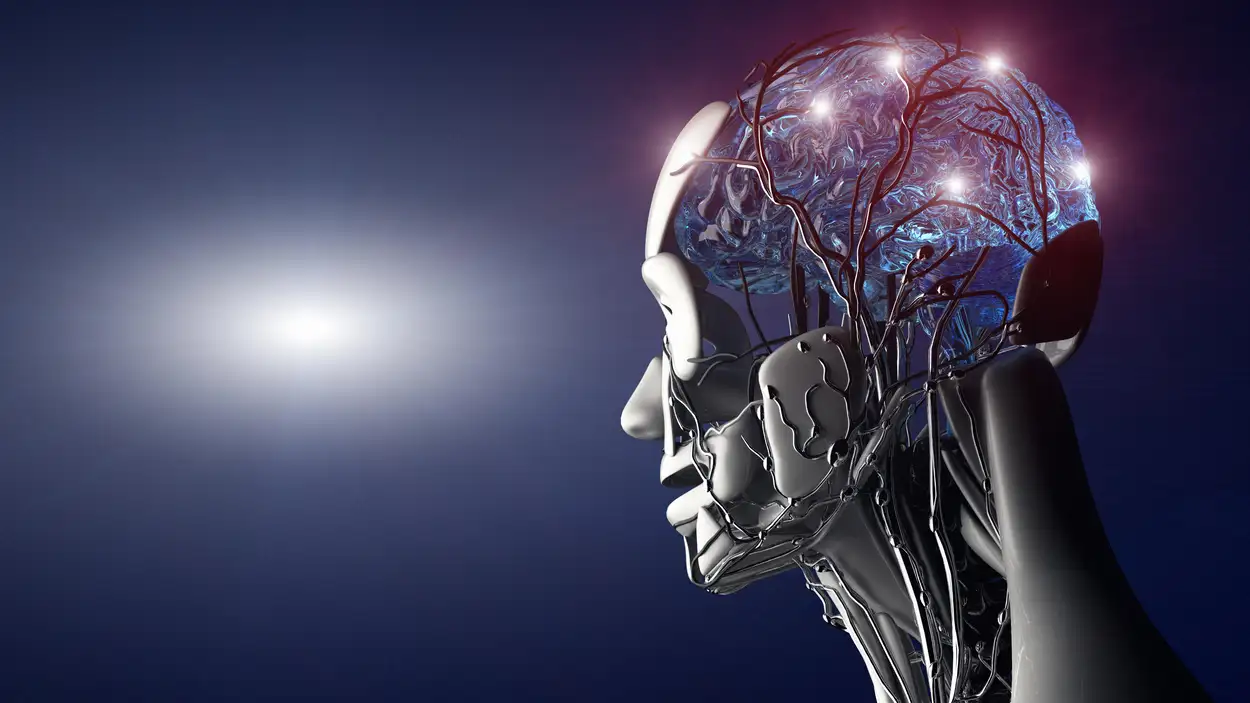A United Nations Educational, Scientific and Cultural Organisation (UNESCO) report launched in Delhi on Tuesday called for an overall regulatory framework for use of artificial intelligence (AI) tools in education.
It has asked the government to consider the ethics of artificial intelligence in education as an utmost priority and create effective public-private partnerships to ensure that all students and teachers have access to the latest technology.
The ‘2022 State of the Education Report (SOER) for India: Artificial Intelligence in Education – Here, There and Everywhere’, also calls for expanding AI literacy efforts, correcting algorithmic biases and the resulting discrimination, improving public trust in AI, and involvement of students and educationists in developing AI products.
The 10-point recommendation made by the annual flagship report of the UNESCO New Delhi Office also wants technology service providers to place ownership of data with the students. An official statement said that the state of education report provides an introduction to AI to demystify a subject that has endured various misconceptions. It is also supplemented by an overview of challenges and opportunities in the Indian education sector that AI can address.
The report noted that the AI market in India has the potential to touch $7.8 billion by 2025 at a compound annual growth rate (CAGR) of 20.2%. “To align India’s curriculum to the 21st century and to prepare the students for the AI economy, India’s National Education Policy (NEP) 2020 lays profound emphasis on the need to impart the necessary technical knowledge at all levels of education. It emphasizes the integration of AI in Education to also promote quality and skill-based education. With this Report, UNESCO offers a glimpse of the varied dimensions and suggestions for future uses of Artificial Intelligence in the school setting”, the UNESCO statement said.
The UN agency stated that the publication is expected to serve as a useful reference tool for enhancing and influencing programmes and policies related to technology and, in particular, Artificial Intelligence; while at the same time, never losing the focus that all technology should be human-centered and benefit the greater interest of humanity.









